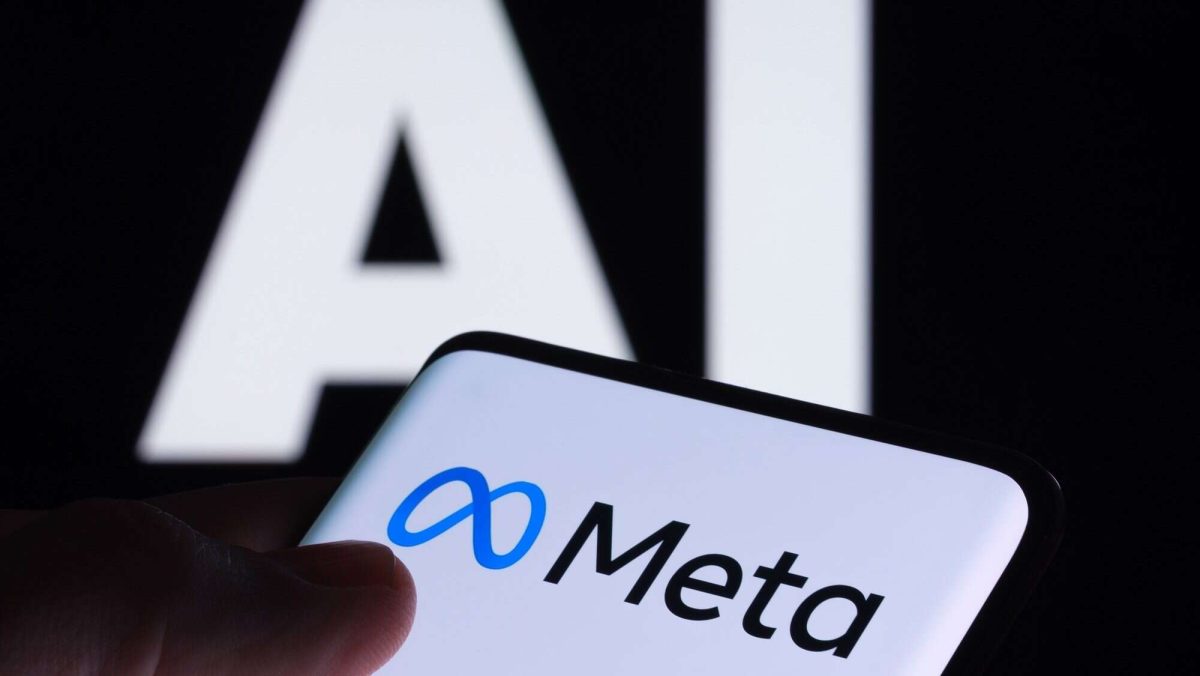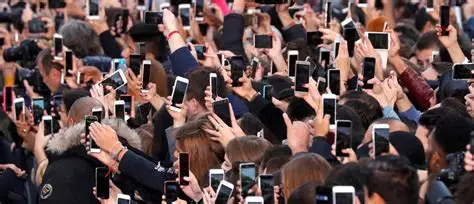On August 4th, 2025, Texas students were astonished to walk into school and be handed a “Yonder Pouch”. A Yonder Pouch is essentially a small pouch built specifically for phones which can only be opened with a special magnet. The Texas legislature decided to completely ban the use of personal communication devices in classrooms. The new law has received mixed reviews from not only students but educators and parents as well.
Under the new law, schools must either prohibit students from bringing devices on campus or provide a way for the student to store the device while on school property. Personal communications device usage from the first bell to the last bell is strictly prohibited and students will receive consequences if they get caught using a device. Some Texas schools have gone with telling students to leave it in their backpack or locker, however a majority of schools have provided a yonder pouch for them to put their devices in to ensure electronic usage is not happening. They get locked in the morning and opened with the magnet around dismissal.
Educators want to increase engagement in classrooms. Students will often use their phones in class for multitudes of reasons. Don’t feel like doing work in class? Phone. Want to text a friend or go on social media? Phone. Want to cheat and look up answers? Phone. With students not having access to phones they will be immersed in the class experience and encouraged to participate. In a way they will be forced to pay attention and ask questions because what else would they do? According to Fox News 4, the superintendent of Richardson Independent School District reported that 85% of teachers felt they got more instructional time back after the policy change.
The news is so popular and widespread it has people buzzing throughout the country. We interviewed students and teachers at Wharton High School, and we got multiple opinions. We asked senior Tori Villrino how she would feel if Florida tried to implement the same ban and she said, “They would have to pry my phone out of my hands”. We asked another student Jade Aparicio how a phone ban might change learning and classroom behavior she stated, “students may pay attention more with no phones to distract them”. While students may not like not having phones, they do know it would be beneficial.
Even with such positive outlooks in class it could lead to being a double-ended sword. Some parents have expressed their concern about having no communication with their child during school. In case of an emergency the student would have to go to the front office and ask to use a phone to contact their parent. With Texas schools averaging 758 students it could get very hectic with students coming to the office and asking to use a phone. It would also disrupt the student’s learning due to the fact they would have to exit class for a few minutes compared to sending a quick text message and putting their phone away after. Most teachers barely want students going to the bathroom in their class, I doubt they would be fond of someone having to leave and call their parents about something like forgetting lunch money.
Not only is Texas making a change, but so are other states. For example, Virginia recently signed a bill mandating bell to bell cellphone free classrooms and Georgia is considering starting their own ban starting in January 2026. Educators everywhere are starting to make a change and are truly recognizing the effects of technology in school.



















